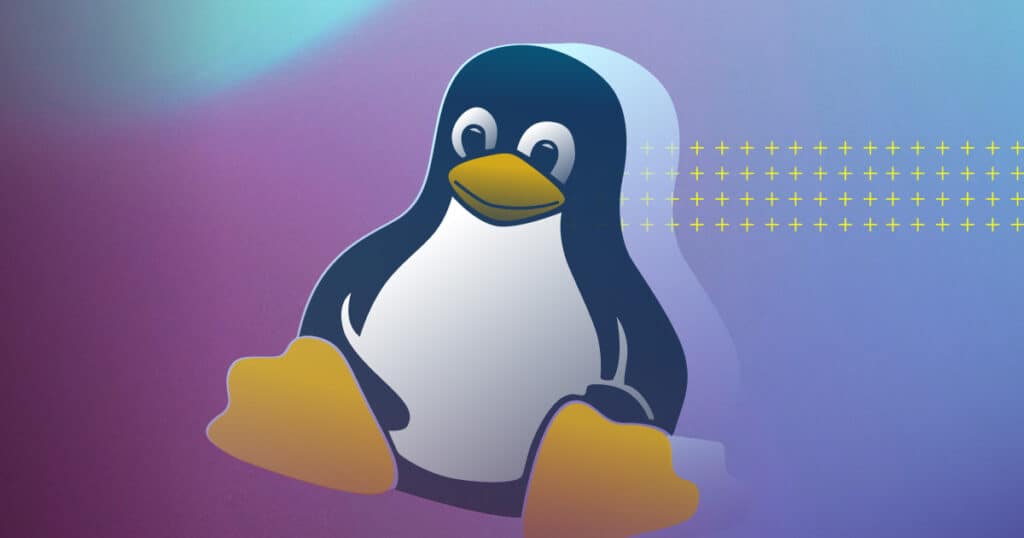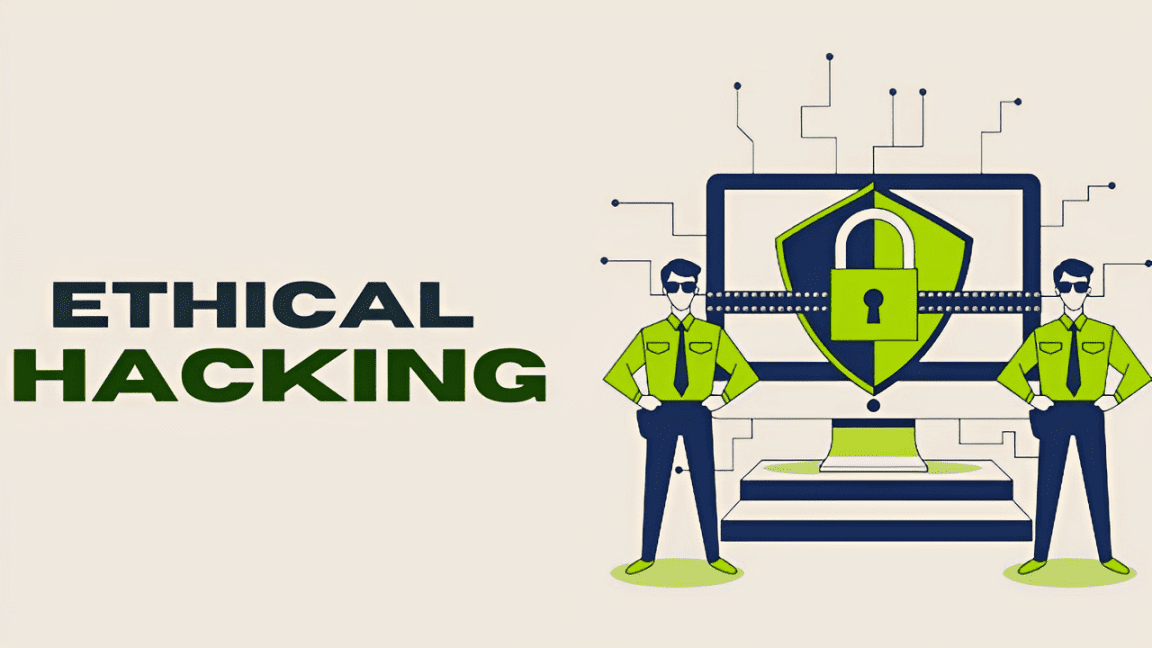Summary of the Blog
- What is Linux OS
- cool features in Linux
- basic file system of Linux
- Basic Linux Commands
- what are the uses of Linux in ethical hacking
What is Linux OS
Linux is an open-source operating system kernel created by Linus Torvalds in 1991. It supports multitasking, and multiuser functionality, and is known for its stability and security. Linux is highly portable and has been adapted to various hardware platforms. Its community provides extensive support, forums, and documentation. Linux uses package management systems for software installation and updates. While it has graphical user interfaces, the command line is often preferred for its efficiency. Numerous distributions cater to specific use cases, such as Ubuntu, Debian, Fedora, and CentOS. The Linux kernel manages hardware resources and interacts with user-space applications. Its versatility has led to widespread adoption in servers, embedded systems, and personal computers.
cool features in Linux
Linux features open-source flexibility, multitasking, robust security, multiuser capability, and stability. It offers portability across hardware platforms, a vibrant community for support, efficient package management, and a powerful command-line interface. Diverse distributions cater to specific needs, and users have direct kernel control. Linux supports virtualization, and various file systems, runs well on older hardware, and provides live versions for testing. These features collectively make Linux a versatile and powerful operating system.
Basic File System of Linux
– (Root): Top-level directory.
– bin: Essential command binaries.
– boot: Boot-related files.
– dev: Device files.
– etc: System-wide configuration files.
– home: User home directories.
– lib: System libraries.
– media: Mount point for removable media.
– mnt: Temporary mount point.
– opt: Optional third-party software.
– proc: Virtual filesystem for process and kernel information.
– root: Home directory for the root user.
– run: Runtime variable data.
– sbin: Essential system binaries.
– srv: Site-specific data.
– tmp: Temporary files.
– usr: User binaries, libraries, documentation, and source code.
– var: Variable data, such as logs and temporary files.
Basic Linux Commands
1. ls: List files and directories.
2. cd: Change directory.
3. pwd: Print the current directory.
4. mkdir: Create a directory.
5. touch: Create or update a file.
6. cp: Copy files/directories.
7. mv: Move or rename files/directories.
8. rm: Remove files/directories.
9. cat: Display file contents.
10. more or less: View file content screen by screen.
11. head: Display the first lines of a file.
12. tail: Display the last lines of a file.
13. grep: Search for a pattern in a file.
14. man: Access command manuals.
15. chmod: Change file permissions.
16. chown: Change file owner or group.
17. PS: Display active processes.
18. kill: Terminate a process.
19. df: Display disk space usage.
20. du: Display file/directory space usage.
what are the uses of Linux in ethical hacking
Linux is widely used in ethical hacking due to its open-source nature, robust security, and powerful command-line tools. Distributions like Kali Linux offer pre-installed penetration testing tools. The active community provides support while scripting on Linux aids in automation. Its resource efficiency suits various environments, and networking capabilities are crucial for tasks like packet analysis. Linux’s customization and flexibility empower ethical hackers, and it serves as a platform for developing server administration skills. Additionally, Linux supports privacy-focused tools, enhancing anonymity for ethical hacking activities.
Conclusion:
“In conclusion, Linux stands as a pinnacle of open-source innovation, delivering a secure, stable, and customizable operating system. Its diverse distributions cater to a spectrum of needs, from server administration to ethical hacking. With a robust command-line interface, resource efficiency, and a supportive community, Linux empowers users to shape their computing experience. Offering privacy-focused tools and a commitment to freedom, Linux remains a trusted choice for individuals and professionals seeking reliability and flexibility in their digital endeavors.”





